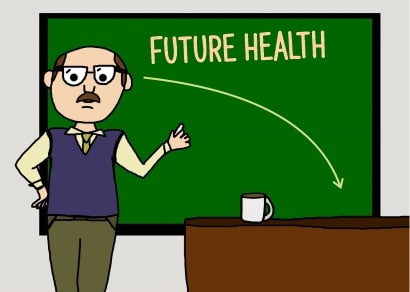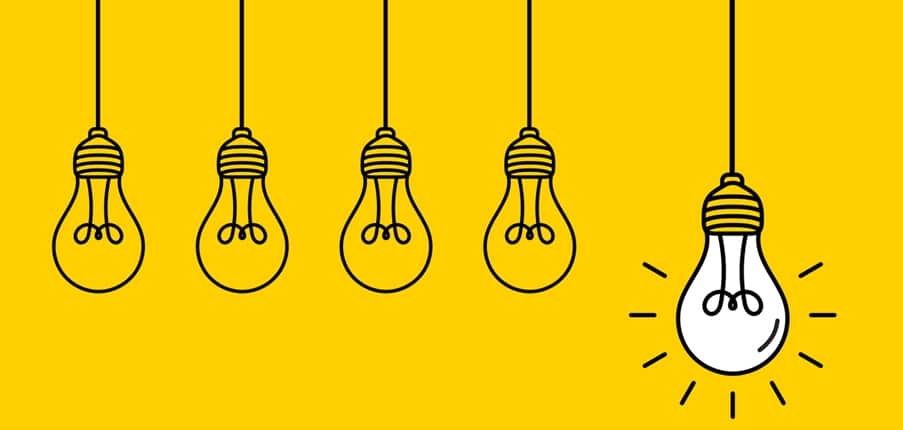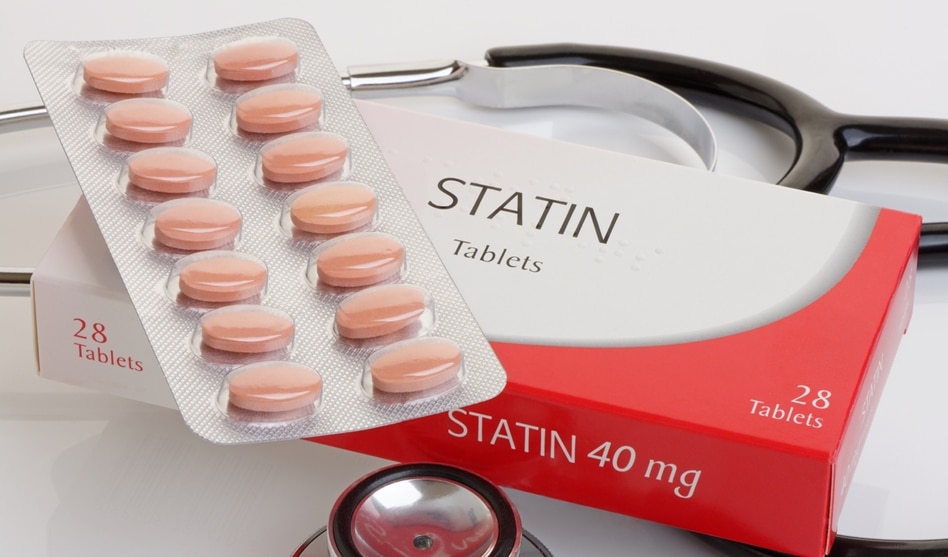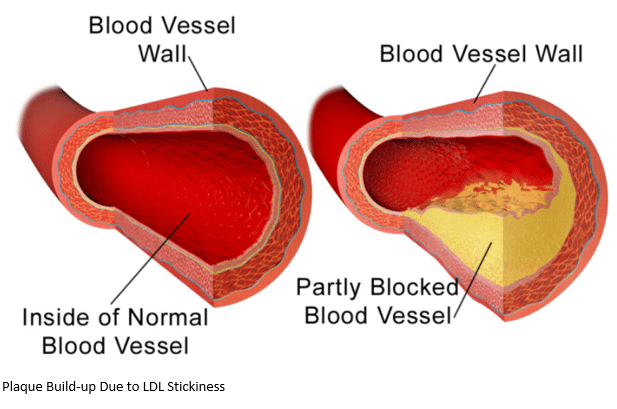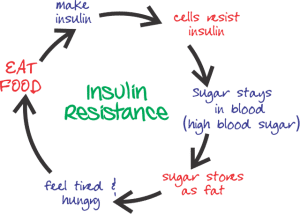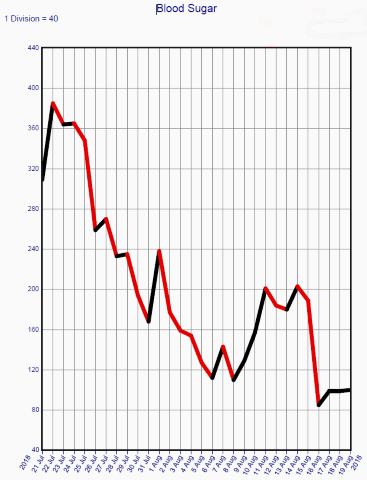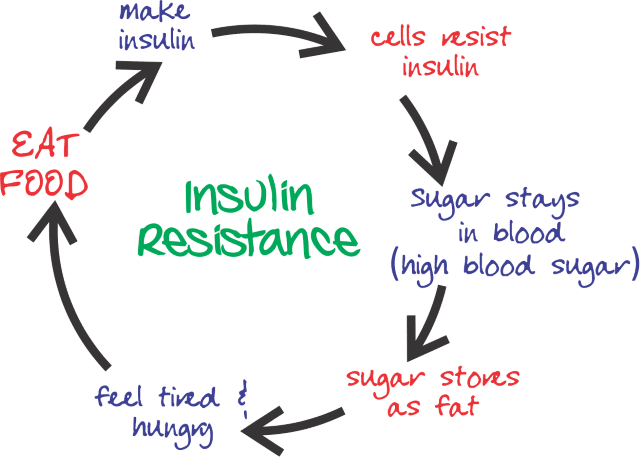
Are Millennials the Canaries in the Coal Mine?
I just saw some startling statistics from a recent Blue Cross Blue Shield (BCBS) report:
- After age 27, Millennials chances of major health problems increase sharply
- Millennials have higher rates of common health conditions than their Gen-X predecessors did at the same ages
- As their health continues to decline, Millennials are going to be a huge financial burden on the already overwhelmed healthcare system.
Think about this: Before they reach their third decade of life, Millennials are at risk for chronic diseases that their grandparents may be facing.
Subscribe Now! Get More Health Info
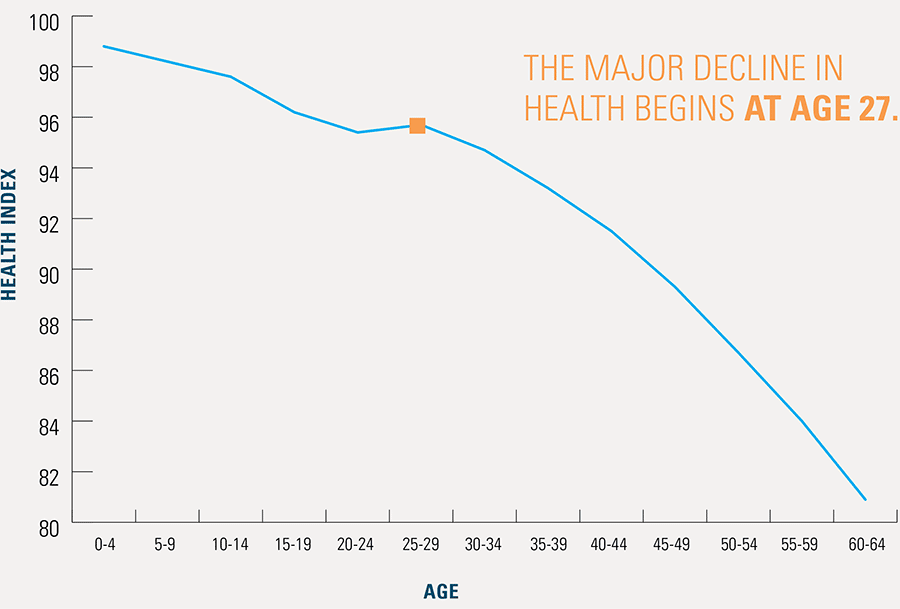
Two Questions:
ONE: Why? What is destroying the health of young people who have grown up with the latest advancements of medicine, diet and a cleaner environment?
TWO: How can this trend be reversed, and how can we make sure that the next generation isn’t in even worse condition?
Children’s Health Has Been Sliding for Generations
You’ve almost certainly noticed that there has been a long-term health slide for our kids. I can recall that when I was in grade school, kids weren’t on drugs for ADHD. The school wasn’t a “peanut free zone” because of severe food allergies. There weren’t any diabetics in my class. There weren’t more than a couple of “fat kids” in my class, either.
The reason behind this deterioration of children’s health would likely be a major reason for the data in this Blue Cross Blue Shield study.
The Reason? Gut Microbes
In your body, there are about 10 times as many microbes as there are cells. That’s about 360 trillion microbes… mostly in your small intestine. They provide many services for your body including:
- Digesting your food (which is your body’s replacement parts)
- Producing 75% of your immune system.
Here’s an article from Scientific American on gut microbes
If you damage your supply of gut microbes, you become much more likely to develop many health conditions, especially those caused by a weakened immune system. This would include health conditions created by inflammation, auto-immune, allergies, etc.
Gut Microbes are damaged by:
- Antibiotics (drugs you take, residual drugs in meat you eat, and environmental antibiotics in hand soap and many other products).
- Food additives (preservatives, flavor enhancers, dyes, etc.)
- Environmental chemicals you get exposed to all the time.
- Eating too much sugar and refined carbohydrates (this causes fungus in your small intestine to overgrow and destroy the beneficial bacteria).
There are certainly many additional challenges that make it difficult to maintain good health in our society. However, most of these stresses piggyback on the gut microbe problem or are made much worse by it.
Then there’s the single largest and most vicious reason for declining health: The Big Lie.

The Big Lie
“Many health conditions are permanent; you can’t get ever get completely well and will need ongoing treatment for the rest of your life.”
This Lie applies to diagnosed diseases as well as non-diagnosed symptoms.
Here’s a partial list:
Diabetes, high blood pressure, IBS, GERD, asthma, allergies, high cholesterol, depression, heart disease, arthritis, chronic respiratory diseases, fatigue, sleep problems, digestive problems, anxiety, hair loss, weight gain, back/shoulder/neck/knee/hand pain, brain fog, memory problems, menstrual and menopause problems, infertility.
I call this the Big Lie because I watch bodies become healthy and heal themselves of every one of these conditions on a regular basis.
None of these problems can be successfully solved using drugs or surgery, and our current medical system uses ONLY drugs and surgeries. So, medically all these conditions are permanent.
Also, our medical system considers that it is all-knowing, and that nothing else other than drugs and surgeries has any validity. So, if you can’t get well medically then you better just learn to live with your problems.
What To Do?
If you think that your gut health may be affecting your health and quality of life:
Click the button below and make an appointment to find out exactly what is going on with your body and how you could resolve this without drugs or surgery.

